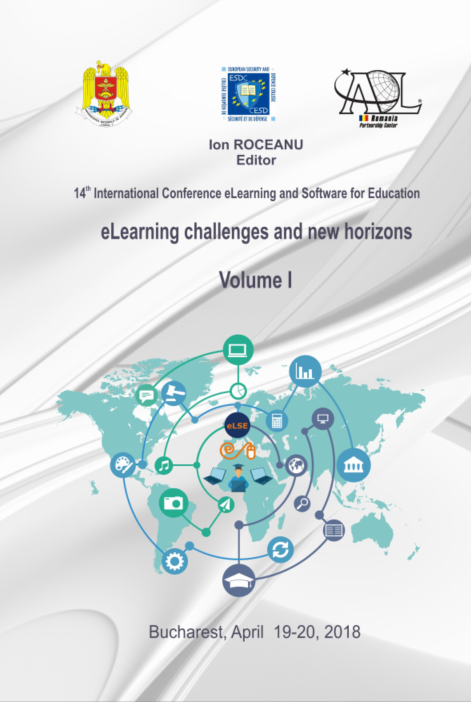Online Asynchronous Collaboration for Enhancing Teacher Professional Knowledges and Competencies
Online Asynchronous Collaboration for Enhancing Teacher Professional Knowledges and Competencies
Author(s): Marina Marchisio, Alice Barana, Cecilia Fissore, Michele FIORAVERA, Anna Brancaccio, Massimo ESPOSITO, Claudio PARDINI, Sergio RabellinoSubject(s): Social Sciences, Education
Published by: Carol I National Defence University Publishing House
Keywords: E-learning; In-service online teacher collaboration; Lifelong learning; Moodle; Teacher professional competencies; Virtual communities;
Summary/Abstract: Teachers need, in a lifelong learning dimension, occasions that provide them with opportunities to reflect on the activities done by themselves, to learn how to use the newest and most advanced technologies in their teaching, to exchange ideas, to confront themselves on the updated didactic methodologies. Only in this way can they enhance their professional competences and keep the motivation for their job high. Online contexts seem to be the most appropriate option for in-service teacher training because teachers work fulltime in school and, having personal and family responsibilities, it is difficult to find time for scheduled meetings. In this paper we will discuss online asynchronous collaboration within the virtual community of the Italian teachers of Mathematics of secondary schools who participate to the national Problem Posing and Solving (PP&S) Project of the Italian Ministry of Education. One of the main goals of PP&S, which started in 2012, is to enhance teaching and learning Mathematics and Informatics using new methodologies and technologies. The community lives on an e-learning Moodle platform integrated with several tools. Using a multi-method approach, we analyse the online forum discussions among teachers and tutors collected in the last three years; in particular, we explore which kind of activities they suggest to adopt in their real-world classes and the nature of the interactive processes activated in the community. This collaboration among teachers is a peer support and facilitates the process of transformation of practices and of construction of new professional knowledge and competences. Some implications for the training of teachers in pre-service are discussed.
Journal: Conference proceedings of »eLearning and Software for Education« (eLSE)
- Issue Year: 14/2018
- Issue No: 01
- Page Range: 167-175
- Page Count: 9
- Language: English

